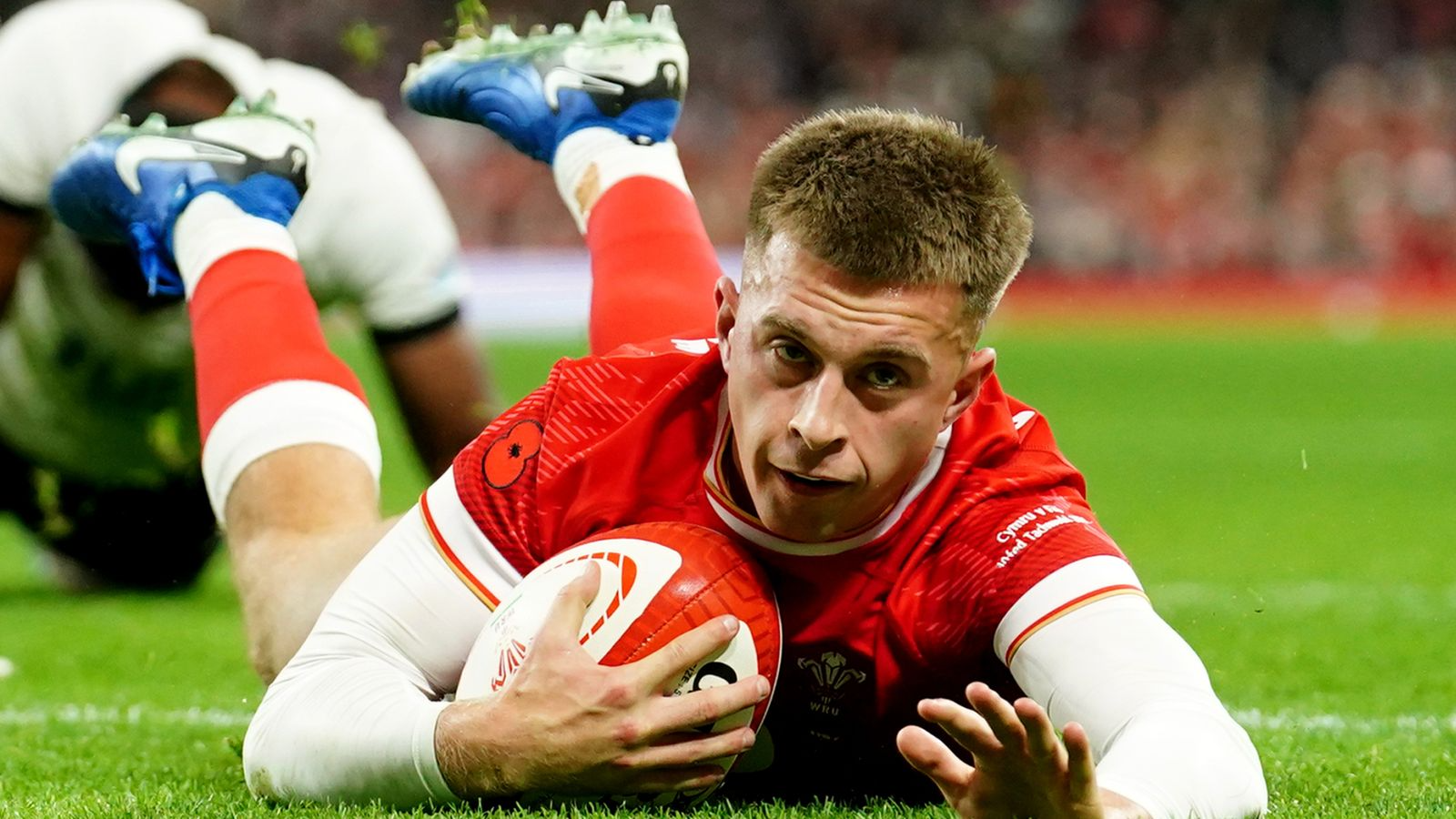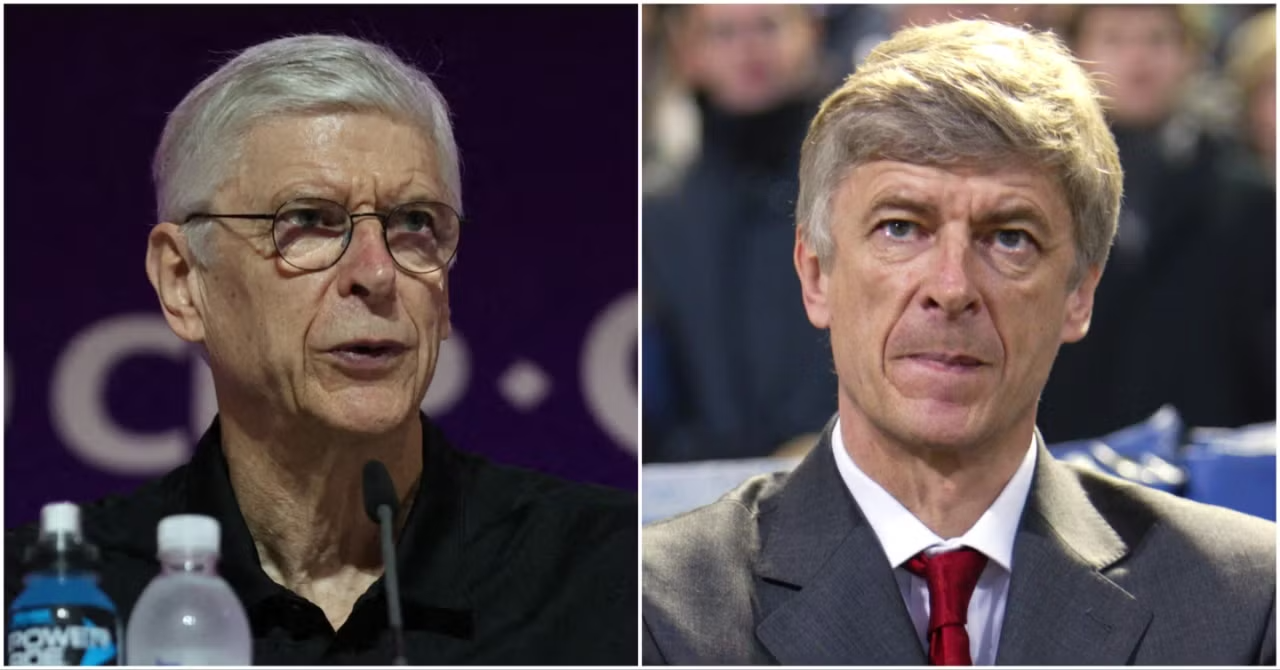Wales rugby slump continues
Wales Rugby’s Historic Slump A Crisis Beyond the Scoreboard
Wales, a nation steeped in rugby tradition, is enduring a period of unprecedented turmoil in its rugby history. Known for its passionate supporters, proud legacy, and unforgettable past triumphs, the Welsh national rugby union team has recently suffered a humiliating slide in performance that has left fans and pundits searching for answers. As of mid July 2025, the team had endured an 18 match losing streak, the worst ever recorded in their modern history. Despite a recent morale boosting win against Japan, the cracks run far deeper than the scoreboard suggests. The victory, while emotionally significant, feels more like a pause in the storm than the end of it.
The slump began quietly enough after the 2023 Rugby World Cup, where Wales showed early promise but exited before the semifinals. However, as retirements mounted and leadership changes disrupted momentum, the once formidable team began to unravel. In the 2024 Six Nations, Wales lost all five matches, a wooden spoon finish that hadn’t occurred in over two decades. That disastrous campaign was followed by another winless Six Nations in 2025, plunging the team into a full blown crisis. The crowning embarrassment came in Cardiff, where England thrashed Wales 68 14 the heaviest home defeat in Welsh rugby history. It was a bitter pill for fans to swallow in the very stadium where past glories had unfolded.
At the heart of this decline lies a cocktail of issues. On the field, the team lacked cohesion, attacking imagination, and defensive resolve. Off the field, instability at the coaching level further destabilized the squad. Warren Gatland, who returned for a second spell as head coach after Wayne Pivac’s departure, was unable to recreate the magic of his previous tenure. Gatland’s methods, once hailed for their structure and discipline, appeared outdated against modern attacking systems employed by rivals. After overseeing 14 straight defeats, Gatland resigned midway through the 2025 Six Nations, a move that underscored the severity of the crisis.
Interim head coach Matt Sherratt stepped in with the unenviable task of salvaging the team’s shattered confidence. Known for his work with Cardiff Rugby, Sherratt brought a back to basics approach, focusing on fundamental skills, simple game plans, and defensive accountability. The squad he selected for the summer tour of Japan was a blend of weary veterans and raw talent. Players like Josh Adams, Aaron Wainwright, and Kieran Hardy were expected to provide leadership, while younger faces such as Dan Edwards and Dafydd Jenkins were trusted with shaping the future. The first match against Japan proved to be the much needed turning point, with Wales securing a 31 22 win their first in 644 days.
But even as players celebrated in the Kobe dressing room, few could deny that the problems are systemic. The regions Wales’s four professional teams have been underfunded and underperforming for years. Poor crowd attendances, limited financial backing, and lack of competitive depth have all contributed to a weak development pipeline. Promising players often seek contracts overseas, especially in England and France, leaving the domestic structure hollow. The Welsh Rugby Union (WRU) has faced sharp criticism for its governance, with accusations of being out of touch with the grassroots game and failing to implement long term development strategies.
Another concerning factor is the breakdown in player development pathways. Unlike Ireland, where provincial academies feed consistently into the national team, Wales has lacked a coordinated approach since the closure of its national academy more than a decade ago. Young players often face inconsistent coaching at youth levels, and regional sides struggle to retain them. The result is a national team that lacks experienced depth, with debutants being thrown into high pressure Test matches without adequate preparation. This lack of continuity has severely hurt Wales’s ability to adapt and compete at the international level.
There is, however, cautious optimism that this low point might become a turning point. The WRU has announced plans to appoint a full time Director of Rugby and implement a revised structure that better supports both the elite and grassroots levels of the game. The success of the Japan tour could lend credibility to Matt Sherratt’s interim leadership, or at least provide a blueprint for the incoming permanent head coach. More importantly, the win over Japan showed that the players are still willing to fight for the jersey. Their spirit, long absent in recent months, finally emerged not as a flash of brilliance, but as a collective display of grit, intent, and resilience.
The challenge now is sustaining this momentum. The squad must regroup and prepare for the remainder of the tour, but even more pressing is the need to rebuild the connection between the national team and its supporter base. For many fans, the recent slump has felt like a betrayal of values that defined Welsh rugby pride, hard work, and unity. If the WRU and coaching staff can nurture this young crop of players, reinvest in regional rugby, and build a coherent identity, then the slump may, in hindsight, be seen as a painful but necessary reset.
In conclusion, while the losing streak may have ended, Wales rugby still finds itself at a crossroads. One symbolic win in Kobe cannot erase months of tactical confusion, administrative missteps, and underperformance. But it does offer hope. What happens next in coaching appointments, regional investment, and strategic direction will determine if Welsh rugby continues its decline or begins a hard fought journey back to respectability. For a rugby nation of such rich heritage, the expectation is not just to compete, but to inspire. The task ahead is monumental, but not impossible.






 Bregman returns for Red Sox
Bregman returns for Red Sox  DTU and University of Houston ink 5‑year academic collaboration
DTU and University of Houston ink 5‑year academic collaboration  Nepal-China border floods kill eight as glacial lake overflow destroys a bridge
Nepal-China border floods kill eight as glacial lake overflow destroys a bridge  PSG vs Chelsea Club WC final set
PSG vs Chelsea Club WC final set  AI Enhanced Brain Scans Revolutionize Diagnosis and Surgery Planning
AI Enhanced Brain Scans Revolutionize Diagnosis and Surgery Planning